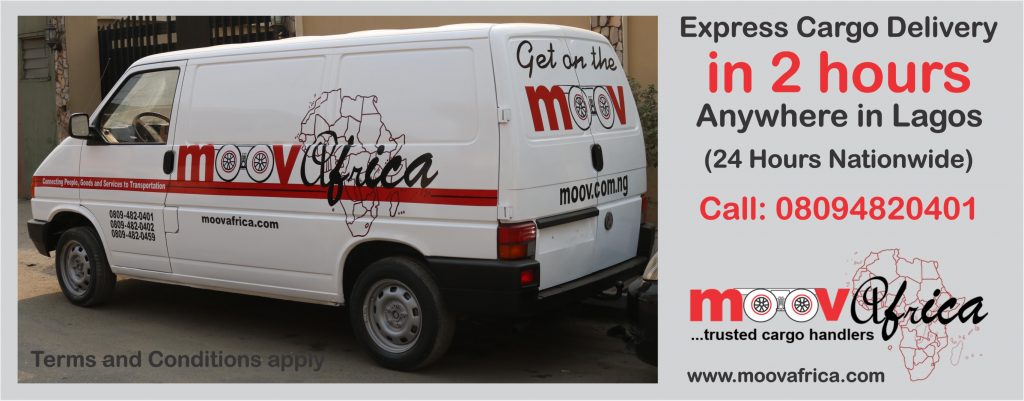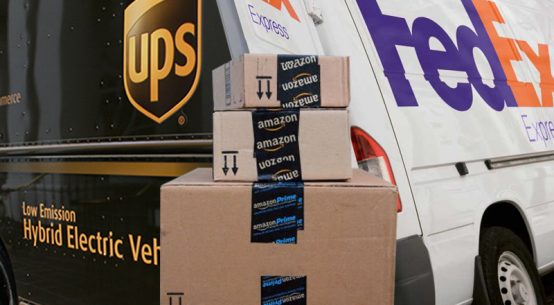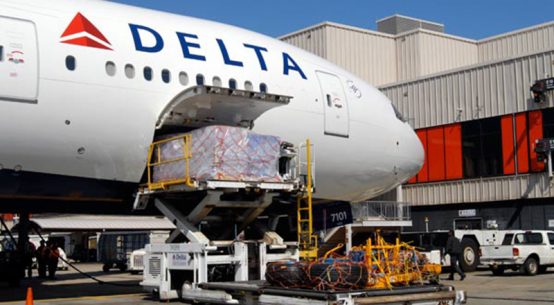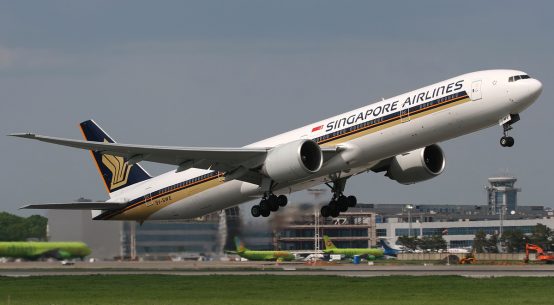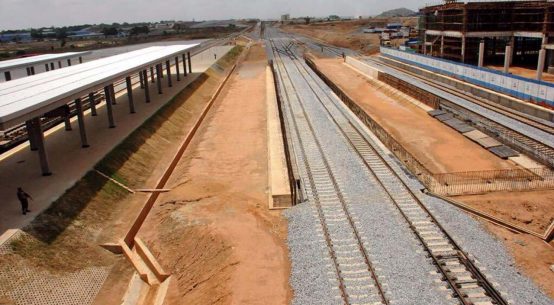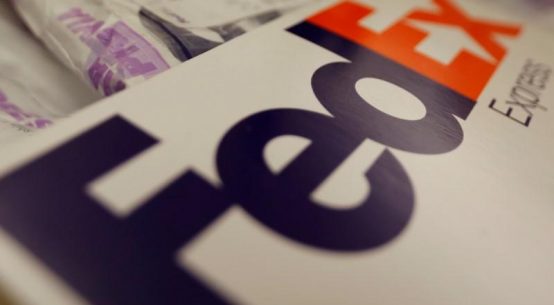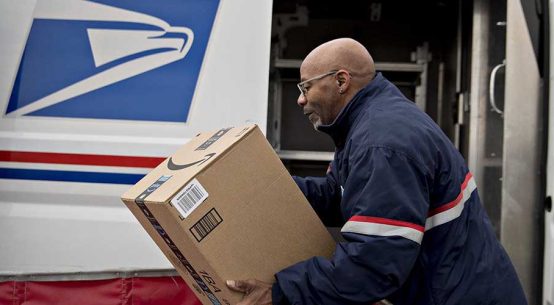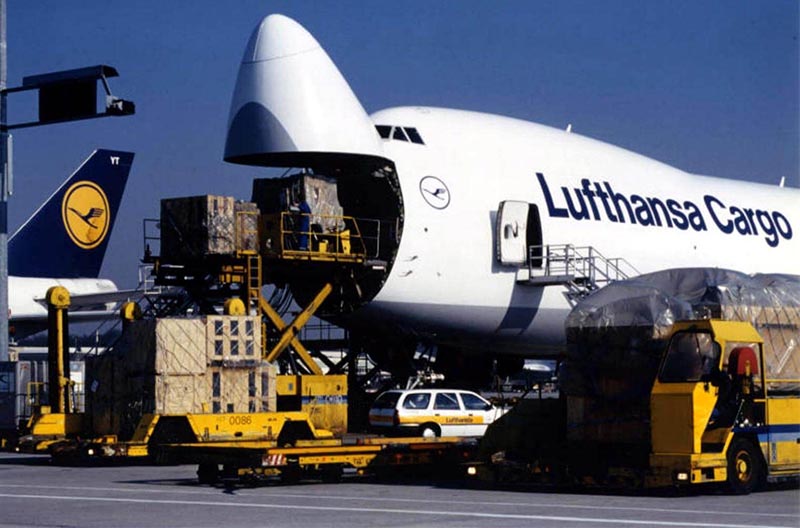
Yesterday, Germany-based Lufthansa reported solid results for its logistics division for 1H 2018, with earnings before interest and taxes (EBIT) up 48 percent year-over-year to €125 million, from €84 million on revenues that were up 12.3 percent to €1.3 billion.
The carrier’s traffic rose only slightly in the first six months of 2018, with reported revenue tonne kilometers (RTKs) up 2.9 percent, to 4.4 billion from 4.3 billion the year prior. Lufthansa noted that sharp traffic increases in 2017 make annual comparisons more difficult this year for the
The logistics sector includes subsidiaries Lufthansa Cargo, Jettainer, time matters and an equity investment in AeroLogic. While Lufthansa’s logistics division growth may be slowing down, it is symptomatic of the state of demand for air freight in Europe. Out of the six regions the International Air Transport Association (IATA) measures by traffic growth in cargo tonne kilometers since last year, Europe came in second-to-last at 4.5 percent – with growth outpacing only the Middle East.
Improvements to the division’s earnings meanwhile, came in part, from lower operating costs. A 2016 cost-cutting goal of “sustainably” cutting expenses by €80 million before 2018 year-end for one, has already been achieved, according to the airline.
Looking ahead, the airline is moving forward with a number of modernization plans. The carrier plans to expand cool-chain capacity at its Frankfurt Hub – capitalizing on demand for transportation of temperature-sensitive pharma – which it said will be underway by the end of the year. Next spring, the carrier will also take the next step in its fleet modernization program with the introduction of two new 777Fs, which will replace some of Lufthansa Cargo’s older MD-11Fs. The carrier’s freighter fleet currently comprises of five 777Fs and twelve MD-11Fs.
